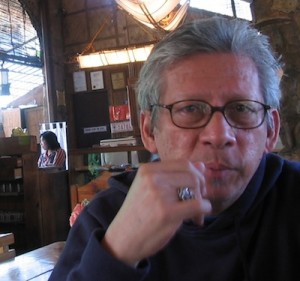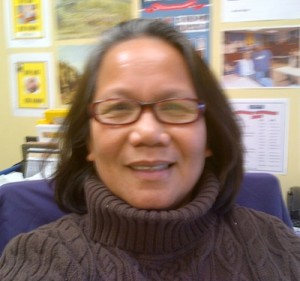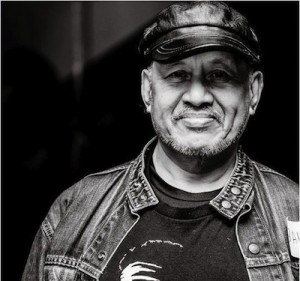The People Power Revolution (sometimes referred to as the EDSA Revolution) is considered one of the most pivotal events in Pilipino history, marking the end of Ferdinand Marcos’ 20-year authoritarian reign and the return of democracy to the country. The movement was sparked in 1983 by the assassination of Ninoy Aquino, a senator and leader in opposition of Marcos’ governance. A campaign of nonviolent protests and demonstrations continued over the course of three years, culminating in February of 1986 with a demonstration of over 2 million participants, including civilians, military and religious groups, notably led by the Archibishop of Manila, Cardinal Sin.As part of the State of Pilipino American Advocacy Series (SoPAAS), UniPro will be hosting a panel to commemorate the 27th anniversary of the People Power Revolution on February 19th, 2013. The panelists will speak on the history of Pilipino and Pilipino-American advocacy work through the story of the 1986 Revolution. They will discuss the importance of the revolution in Philippine and world history, and its relevance to today. The event will take place at the Philippine Consulate (556 Fifth Ave.) from 6:30 to 9:00 PM, with a suggested donation of $5 for entrance (donations to UniPro are tax deductible). It will be a great opportunity to learn and engage in discussion about this pivotal and historic event that has shaped the Philippines. Here is a little bit about our panelists:

Luis H. Francia is an award-winning author and poet, who also teaches Philippine-American literature at Hunter College, and Philippine language at New York University. His books include A History of the Philippines: From Indios Bravos to Filipinos, and his memoir Eye of the Fish: A Personal Archipelago, which won both the PEN Open Book Award and the Asian American Writers award.

Isabelita Sombillo was the Secretary General of SELDA, an association of former political prisoners in the Philippines. She studied at the University of Philippines, Los Banos and worked in the progressive movement against Marcos’ governance in the years before the revolution began. She was held as a political prisoner from 1983-1986 by the Marcos regime. She has been a 1199SEIU Union organizer since 2000.

Baltazar 'Bal' Pinguel is the former national director of Peacebuilding and Prevention of Conflict Program for the American Friends Service Committee (AFSC). For his activism, Bal was detained twice, tortured and involuntarily 'disappeared' by the Marcos Dictatorship. Upon his release from his second detention in 1985, Bal became a founding member and officer of Bagong Alyansang Makabayan or BAYAN, the largest anti-dictatorship grassroots coalition in the Philippines. Aside from serving as BAYAN's Deputy Secretary General, Bal was also the Director of the Popular of Struggle Commission of BAYAN. It was BAYAN's Popular Struggle Commission that developed the strategy of 'welgang bayan' or people's strike which was ultimately embraced by the Filipino people in the non-violent overthrow of Philippine dictator, Ferdinand Marcos, in 1986.

